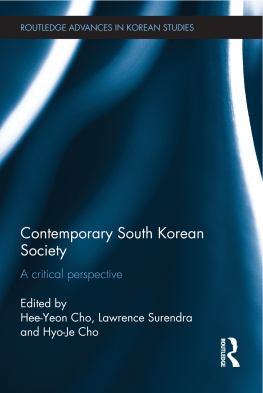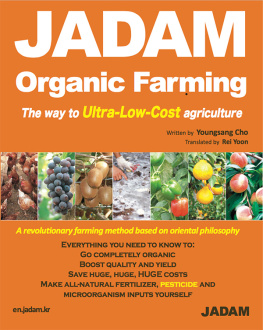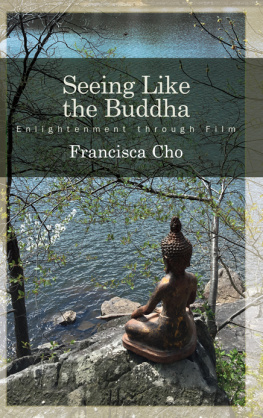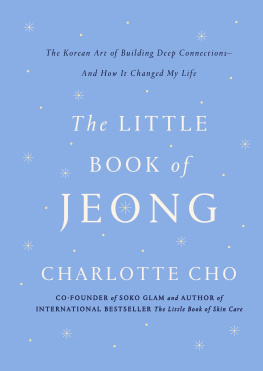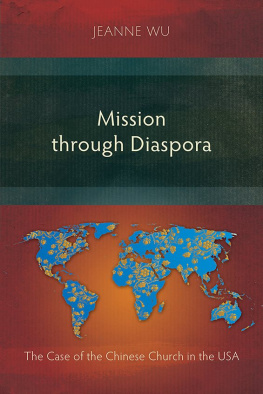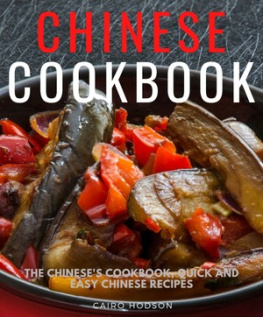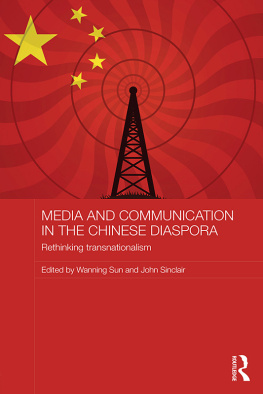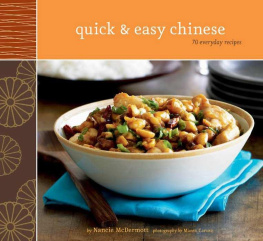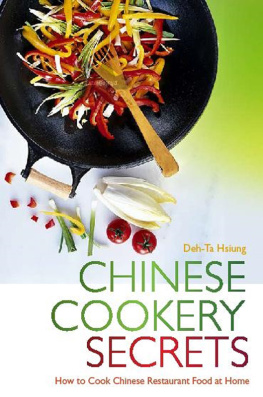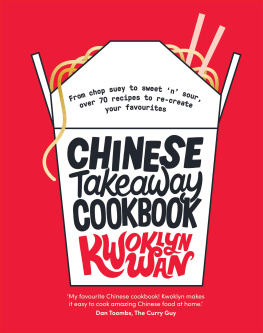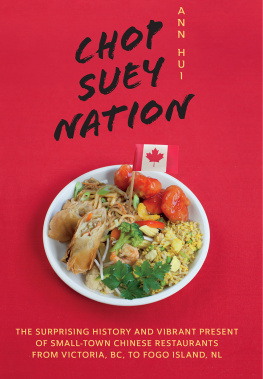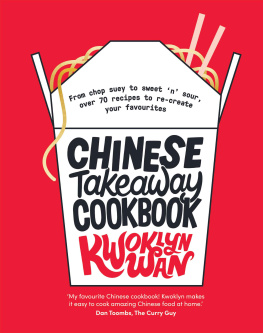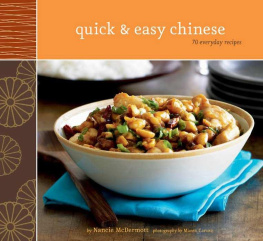Acknowledgments
I could not have written this book without the generosity and support of many people. I am indebted:
To Stephen Slemon. To Karyn Ball, Donald Goellnicht, Vijay Mishra, and Heather Zwicker, who read all of it the first time around.
To the Social Sciences and Humanities Research Council of Canada, the Aid to Scholarly Publications Program, and the J.B. Smallman Fund at the University of Western Ontario.
To Brad Bannon, Allison Hargreaves, Kiel Hume, Cristina Ionica, and Alia Somani for research assistance that went well above and beyond.
To Richard Cavell, Diana Brydon, David Chariandy, Sneja Gunew, Smaro Kamboureli, Roy Miki, and Eleanor Ty, who told me I was writing a book when I forgot.
To Siobhan McMenemy and Ryan Van Huijstee, who believed it was a book. To the anonymous readers of the manuscript whose thoughtfulness and thoroughness made this book better.
To Apollo Amoko, Ian Balfour, Melina Baum Singer, Jesse Brown, Jenny Burman, Eric Cazdyn, Katharine Charlton, Alison Conway, Margaret DeRosia, Jeff Derksen, Katherine Ensslen, Todd Ferguson, Aaron Hankewich, Emily Hill, Camilla Ingr, Joanne Hui, Alice Jim, Greg King, Martin Kreiswirth, Kinsley Kreiswirth, Larissa Lai, David Lloyd, Sue Malley, Richard McCabe, Sophie McCall, Mary Helen McMurran, Corey Mintz, Marni Mishna, Alex Panther, Thy Phu, Joe Rosich, Matthew Rowlinson, Mia Sheldon, Joshua Schuster, Ken Singer, Kim Solga, Cheryl Suzack, Karen Tam, Rei Terada, Bryce Traister, Sasha Torres, Pauline Wakeham, Dorothy Wang, and Keri Zwicker, whose friendship and guidance have seen me through the hard parts.
To Zachary Green for all the pies, and so much more, which got me through the home stretch.
To Fred Wah for the Diamond Grill menu and for writing poetry that got to things I knew but did not know how to say.
To my family.
To my parents, who dreamed of something other than what they knew at the Shangri-La Restaurant in Whitehorse, Yukon Territory. It no longer exists, but that is not what matters. Their courage and love make everything possible. This book is for them.
CULTURAL SPACES
Cultural Spaces explores the rapidly changing temporal, spatial, and theoretical boundaries of contemporary cultural studies. Culture has long been understood as the force that defines and delimits societies in fixed spaces. The recent intensification of globalizing processes, however, has meant that it is no longer possible if it ever was to imagine the world as a collection of autonomous, monadic spaces, whether these are imagined as localities, nations, regions within nations, or cultures demarcated by region or nation. One of the major challenges of studying contemporary culture is to understand the new relationships of culture to space that are produced today. The aim of this series is to publish bold new analyses and theories of the spaces of culture, as well as investigations of the historical construction of those cultural spaces that have influenced the shape of the contemporary world.
General Editors:
Richard Cavell, University of British Columbia
Imre Szeman, University of Alberta
Jasmin Habib, University of Waterloo
Editorial Advisory Board:
Lauren Berlant, University of Chicago
Homi K. Bhabha, Harvard University
Hazel V. Carby, Yale University
Richard Day, Queens University
Christopher Gittings, University of Western Ontario
Lawrence Grossberg, University of North Carolina
Mark Kingwell, University of Toronto
Heather Murray, University of Toronto
Elspeth Probyn, University of Sydney
Rinaldo Walcott, OISE/University of Toronto
Books in the Series:
Peter Ives, Gramscis Politics of Language: Engaging the Bakhtin Circle and the Frankfurt School
Sarah Brophy, Witnessing AIDS: Writing, Testimony, and the Work of Mourning
Shane Gunster, Capitalizing on Culture: Critical Theory for Cultural Studies
Jasmin Habib, Israel, Diaspora, and the Routes of National Belonging
Serra Tinic, On Location: Canadas Television Industry in a Global Market
Evelyn Ruppert, The Moral Economy of Cities: Shaping Good Citizens
Mark Cot, Richard J.F. Day, and Greig de Peuter, eds., Utopian Pedagogy: Radical Experiments against Neoliberal Globalization
Michael McKinnie, City Stages: Theatre and Urban Space in a Global City
David Jefferess, Postcolonial Resistance: Culture, Liberation, and Transformation
Mary Gallagher, ed., World Writing: Poetics, Ethics, Globalization
Maureen Moynagh, Political Tourism and Its Texts
Erin Hurley, National Performance: Representing Quebec from Expo 67 to Cline Dion
Lily Cho, Eating Chinese: Culture on the Menu in Small Town Canada
Chapter One
Sweet and Sour: Historical Presence and Diasporic Agency
Sweet and sour pork is one thing in English. In Cantonese it tells a very different story. This chapter is a meditation on the significance of that difference. Thinking about the story of the naming of sweet and sour pork in Cantonese I came to questions about the relationship between postcolonial and diaspora studies, and the question of agency. These questions brought me to another story of food and naming that is set in nineteenth-century Hong Kong. Through two stories of food and rumour, this chapter is concerned with the problem of reading for agency not just in the slenderness of historical narrative, but also in the precariousness of migrancy.
I will begin in Hong Kong and close somewhere in small town Canada. It is also a trajectory that moves from the postcolonial to the diasporic. I am aware that this chapter seems to move from the specificity of Hong Kong and postcoloniality into the vagueness of an un-named small town somewhere in the vastness of the Canadian landscape and the quality of dispersion that characterizes diaspora. It is not that the space of diaspora is necessarily so vague, but rather, as I will show, that it is marked by a precariousness that flourishes in dispersion.
Let me turn then to the first meal: Hong Kong, 1857.
At the time, many Hong Kong Europeans bought fresh bread daily from the E Sing Bakery belonging to a Chinese man, Cheong Ah Lum. On 15 January 1857, large numbers of that European community became violently ill. The colonial police were called in; the investigation was immediate; and it was soon discovered that the cause of the January 15th illness was this: arsenic in the morning loaves. Fortunately, for the colonialists, the arsenic had been added to the loaves in such large quantities
In the Ah Lum affair, as it came to be known, we are confronted with a colonial dynamic where anti-colonial political agency is, at best, dispersed. There is a massive overdetermination. It brings the colonial government to the vexing problem of an obvious occasion of criminality where there is no clear single agent. Fifty-two workers were arrested. Ten were tried. But Ah Lum himself, the man whose name became synonymous with the entire incident, was acquitted. And there were no answers. Despite the attempts of the colonial government to bring justice to the colony, the discourse of rumour and panic amplified the incident; very quickly, the poisoning moved beyond Ah Lum, beyond the fifty-two incarcerated workers, beyond ten convicted felons: it amounted to mass arrests and mass deportations. The Ah Lum affair touched the skittish nerve of the British community.
In the introduction to Elementary Aspects of Peasant Insurgency in Colonial India, Ranajit Guha offers a way of reading for peasant insurgency despite the paucity of non-elite, non-colonial primary historical materials. Examining colonial documents, Guha suggests that the colonial archive betrays itself. In the uncertainty, the gaps of that archive, there is the possibility of reading for a peasant rebel consciousness.


